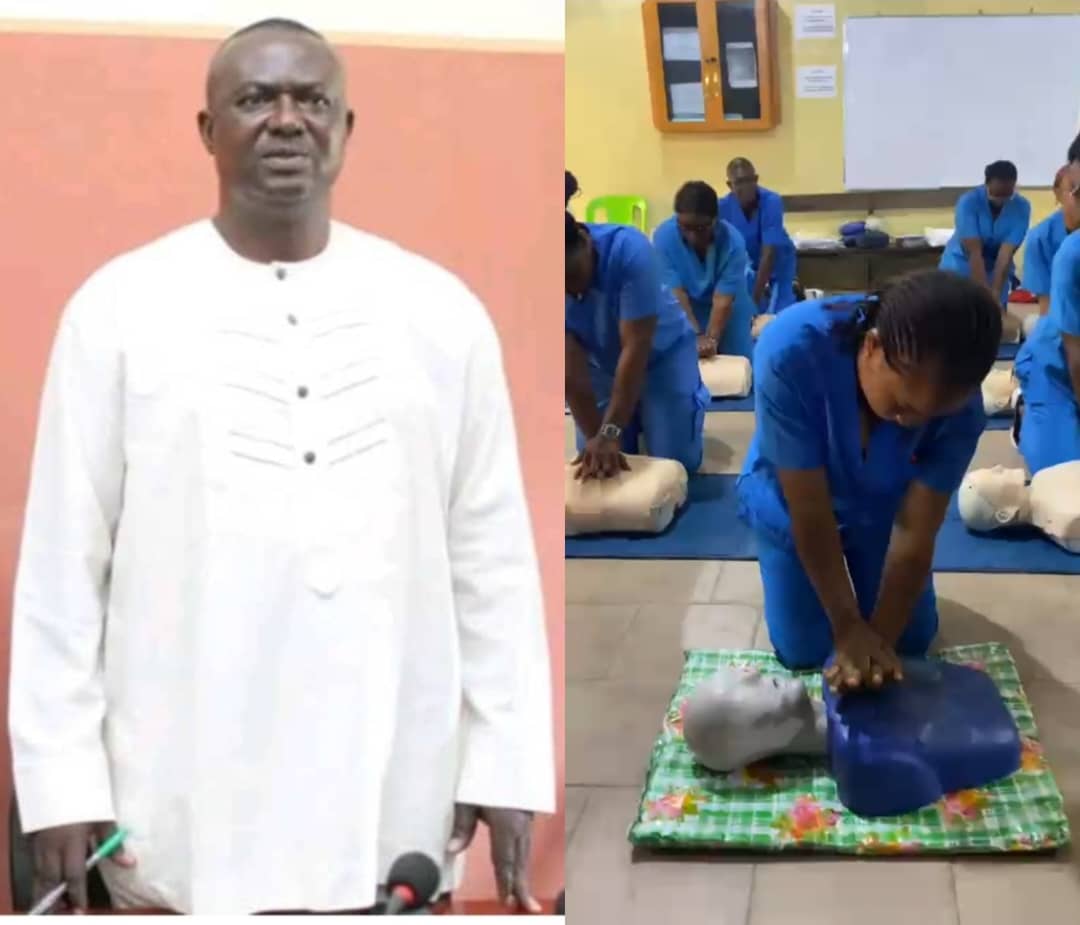Nigerian Institute of Medical Research (NIMR) has raised concerns over its high electricity expenses, which totalled about N218 million between August and December 2024, and emphasised the urgent need to explore alternative power solutions to ensure the institute’s sustainability and efficiency.
The huge expenses was revealed during NIMR’s yearly end-of-year retreat held in Yaba, Lagos to review the institute’s performance, identify areas for improvement, and plan for the future to foster better workplace relationships.
Speaking at the retreat, the Director-General of NIMR, Prof. Oladapo Obafunwa, explained that the retreat would foster collaboration among all segments of the NIMR community, from researchers to administrative staff.
Obafunwa lamented NIMR’s monthly electricity tariff struggle with Eko Electricity Distribution Company (EKEDC) and highlighted the institute’s efforts to address the power challenges.
“We have been in discussions with the electricity distribution company to ensure accurate metering and reduce unnecessary consumption. Over the past three months, we have shut down certain residential areas during work hours, yet the savings have been minimal,” he said.
On further action to minimise cost, Obafunwa said NIMR was seeking alternative power sources. He cited ongoing talks with foreign partners and the Ministry of Health to secure funding for solar systems and inverters.
Addressing the health sector’s progress in the year 2024, the DG acknowledged improvements in healthcare access through initiatives like the National Health Insurance Agency, but stressed the need for more infrastructure and personnel. He also expressed concerns about over-reliance on foreign funding, which often, according to him, dictates research priorities.
“Yes, foreign donors contribute significantly, but we must focus on solutions relevant to our unique environment, especially in areas like drug efficacy and public health interventions,” he said
A guest speaker and Professor of Pediatrics, Lagos State University College of Medicine, Fidelis Njokanma, delivered a lecture on the interplay of workplace pressures, burnout, and the critical state of Nigeria’s health sector.
Njokama explained that the retreat’s theme shifted away from technical research discussions to emphasise human relationships and mutual support among staff.
SOURCE: GUARDIAN NEWSPAPER




